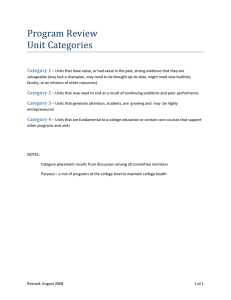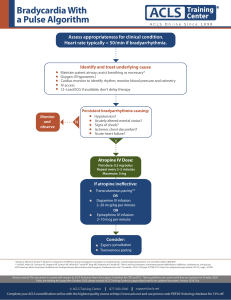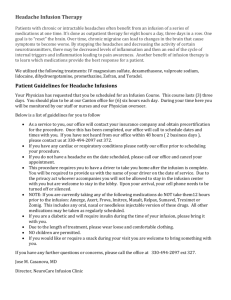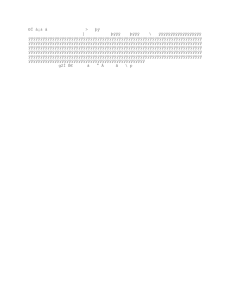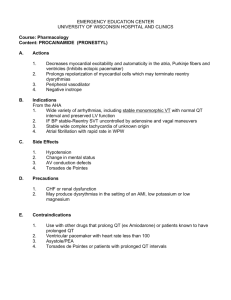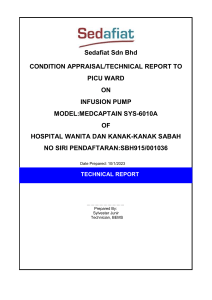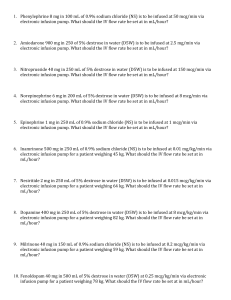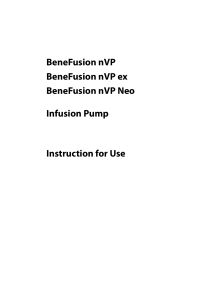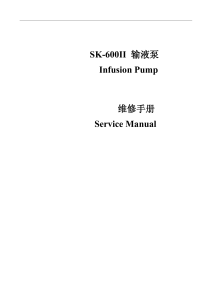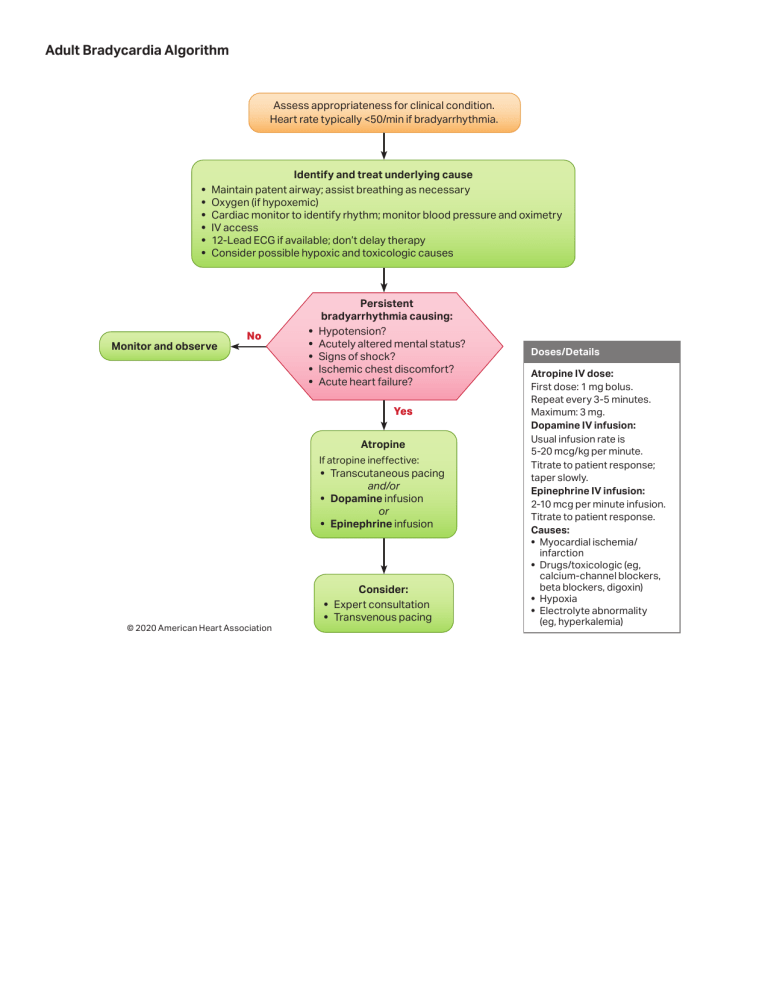
Adult Bradycardia Algorithm Assess appropriateness for clinical condition. Heart rate typically <50/min if bradyarrhythmia. • • • • • • Identify and treat underlying cause Maintain patent airway; assist breathing as necessary Oxygen (if hypoxemic) Cardiac monitor to identify rhythm; monitor blood pressure and oximetry IV access 12-Lead ECG if available; don’t delay therapy Consider possible hypoxic and toxicologic causes Monitor and observe No • • • • • Persistent bradyarrhythmia causing: Hypotension? Acutely altered mental status? Signs of shock? Ischemic chest discomfort? Acute heart failure? Yes Atropine If atropine ineffective: • Transcutaneous pacing and/or • Dopamine infusion or • Epinephrine infusion © 2020 American Heart Association Consider: • Expert consultation • Transvenous pacing Doses/Details Atropine IV dose: First dose: 1 mg bolus. Repeat every 3-5 minutes. Maximum: 3 mg. Dopamine IV infusion: Usual infusion rate is 5-20 mcg/kg per minute. Titrate to patient response; taper slowly. Epinephrine IV infusion: 2-10 mcg per minute infusion. Titrate to patient response. Causes: • Myocardial ischemia/ infarction • Drugs/toxicologic (eg, calcium-channel blockers, beta blockers, digoxin) • Hypoxia • Electrolyte abnormality (eg, hyperkalemia)
